Is A VPN Legal? What Are My Legal Options
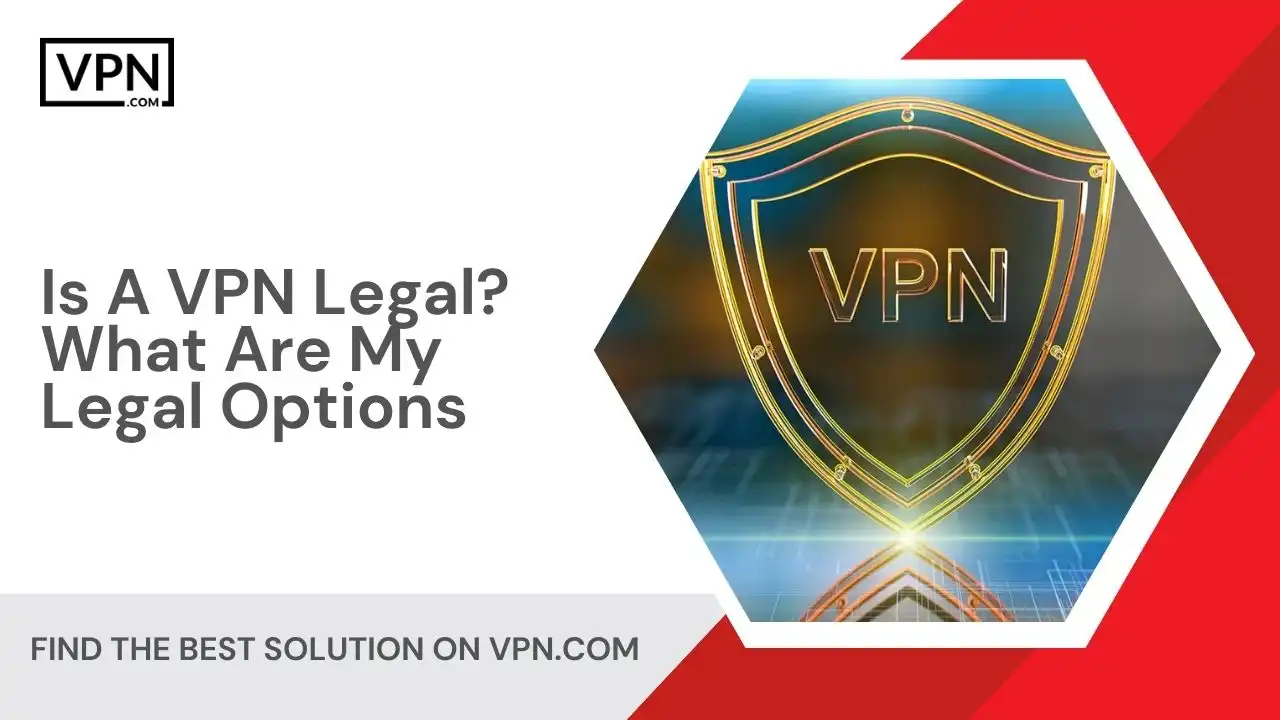
The legality of using a virtual private network (VPN) varies by country, though VPNs remain legal in most Western nations. VPN is legal is a statement that holds, especially in the United States, where VPN usage is fully legal and not restricted, as it promotes internet privacy and security. VPN is legal is essential to remember, however, as VPNs may facilitate illegal activities.
In some countries like China, Russia, and North Korea, VPN is legal and does not apply, as they have banned or heavily restricted VPN use to maintain control and surveillance over citizens’ internet access. When using a VPN, it is essential to comply with the provider’s terms of service and refrain from illegal downloading or hacking, which carry legal consequences regardless of the VPN is legal status.
Within these boundaries, VPNs provide a valuable tool to browse the web privately, access restricted content, and secure devices on public networks. Their legal status remains complex globally, so research specific country laws before traveling or moving abroad with an active VPN is legal subscription.
The paragraph summarizes the key points from the search results on VPN legality: their broad legality, especially in Western countries where VPN is legal, the potential to hide illegal activities, bans and restrictions in authoritarian states, the need to follow terms of service when using a VPN provider, and the legal benefits of VPNs for privacy and security.
It also notes the complexity of VPN laws globally and the need for further country-specific research where VPN is legal may vary. Please let me know if you need any clarification or have additional questions!
What are the key benefits of using a VPN?
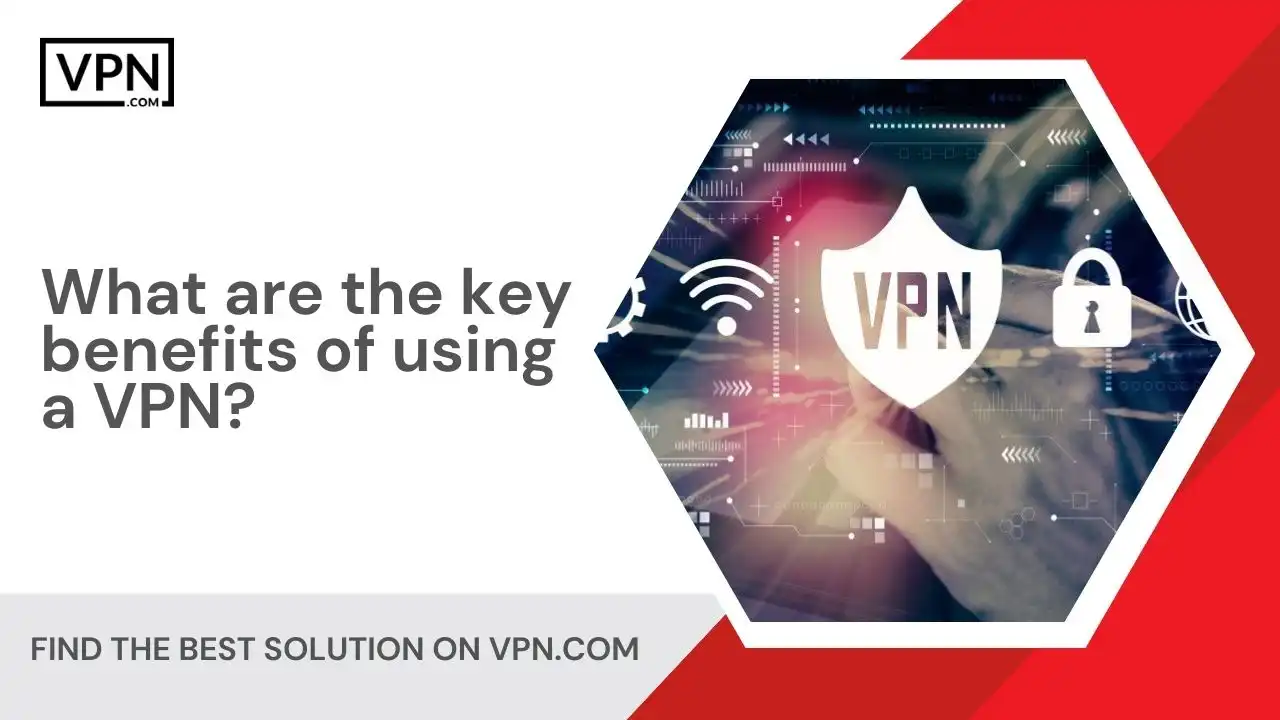
The following is a detailed summary of the key benefits of using a VPN:

Get Started w/ NordVPN Today
- Top-rated VPN for OS unknown
- Ultra-fast speed in US in 2024
- Save 69% off with VPN.com Discount
- Plans starting at $2.99/month
- Rated 4.5/5 on Google Play with over 825,000 reviews
- Rated 4.7/5 on Apple App Store from 6,600 users
Privacy and Security
The core benefit of a VPN, which is legal in many countries, is enhancing privacy and security when browsing the internet. By encrypting traffic and hiding your IP address, VPNs prevent internet service providers (ISPs), hackers, advertisers, and other third parties from monitoring your online activity or stealing personal data like passwords, messages, and financial information.
This allows you to browse, share information, and make transactions more secure, underlining that using a VPN is legal and beneficial for privacy.
Access Geo-Restricted Content
VPNs let you bypass geographic restrictions and censorship to access content unavailable in your country. By changing your virtual location, you can unlock overseas sites, streaming services, gaming platforms, and other geo-restricted resources. Travelers, expats, and remote workers can access familiar sites and content from anywhere.
Public Wi-Fi Security
Connecting through public Wi-Fi poses privacy and hacking risks, but VPN encryption protects devices on unsecured networks. Your data remains hidden from snooping, and you avoid exposing sensitive login or financial details. This allows safe browsing in airports, cafes, hotels, etc.
Anonymized P2P Activity
VPNs provide more anonymity for peer-to-peer file sharing and torrenting by hiding your IP address from outside observers. This prevents copyright enforcers or hackers from tracking your downloading activity.
Remote Access to Networks
Businesses can grant employees secure remote access to internal servers and files via an encrypted VPN connection. This facilitates remote work while protecting customer data and other sensitive company information.
Avoid Throttling
VPN encryption prevents ISPs from detecting and throttling specific bandwidth-heavy traffic like streaming or torrenting. This allows uninterrupted HD video and rapid downloads.
Travel/Rental Discounts
By changing your virtual location with a VPN, you can sometimes access travel and rental deals only available in other countries. Savvy shopping through VPN IP spoofing can yield substantial savings.
How does a VPN protect against cyber threats?
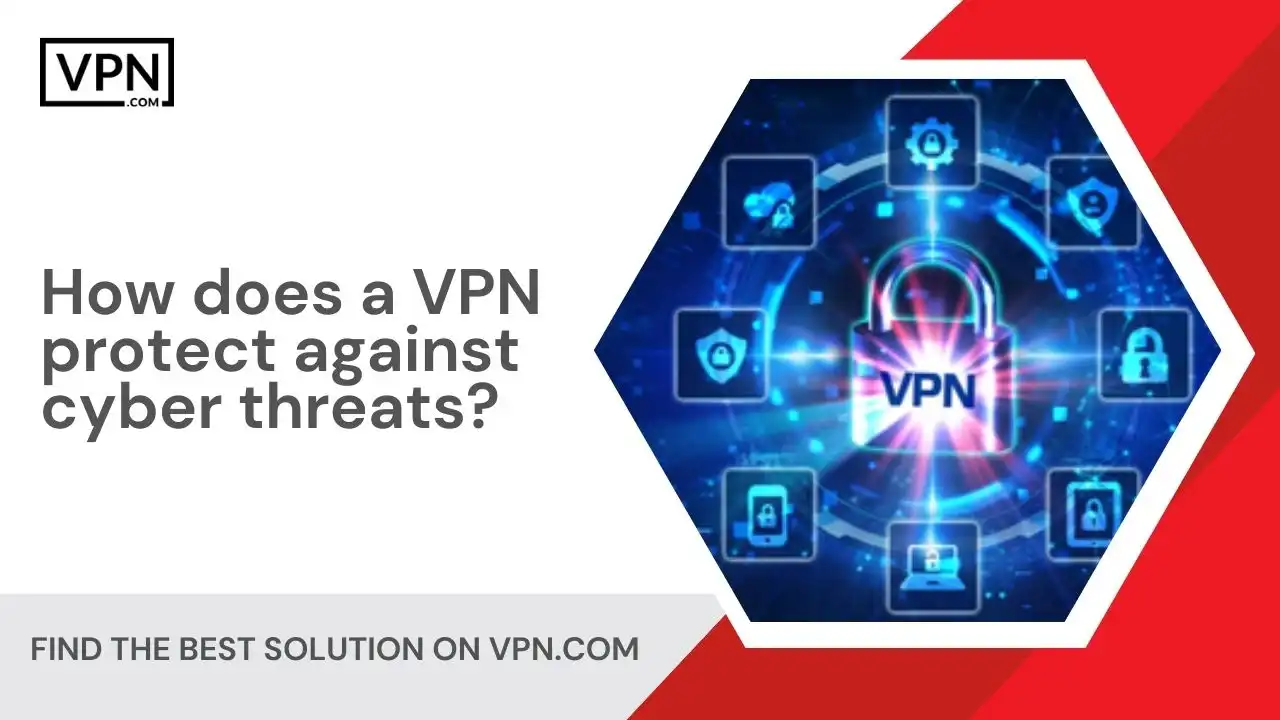
VPNs provide significant protection against various cyber threats by:
- Encrypting internet traffic into an encrypted tunnel, making it very difficult for hackers, ISPs, or third parties to intercept or view sensitive data in transit
- Hiding a user’s IP address and obscuring their virtual location, providing more anonymity for online activity
- Securing connections on public Wi-Fi hotspots that are prone to hacking by encrypting data over these unsecured networks
Protection VPNs Provide
VPNs defend against the following common cyberattacks:
Man-in-the-middle attacks
Hackers intercept and view or tamper with data in transit. VPN encryption prevents this by making data unreadable even if intercepted.
Eavesdropping
Third parties accessing and reading sensitive information. VPN encryption hides data to prevent unauthorized access.
Traffic manipulation
Attackers alter data packets to spread malware or steal data. VPN encryption blocks manipulation.
DDoS attacks
Overwhelming servers by flooding them with traffic. VPN encryption obscures traffic sources to prevent targeting.
Hacking on public Wi-Fi
Unsecured public connections pose privacy/hacking risks. VPN encryption mitigates this significant vulnerability.
Limits of VPN Protection
However, VPNs also have some limitations as well. VPNs have limitations and need to be combined with other protections:
Device vulnerabilities
VPNs cannot defend against malware, viruses, and phishing, targeting device software vulnerabilities rather than the network.
Direct device access
If a hacker gains physical access to a device, a VPN cannot prevent data theft from the compromised device.
Human error
Mistakes like password reuse or falling for social engineering tactics enable attacks regardless of VPNs, which are legal tools for enhancing online security.
While extremely valuable for data transit protection, the usage of VPNs, which are legal and widely recommended, alone is insufficient from a cybersecurity perspective. A “defense in depth” approach combining VPNs, firewalls, antivirus software, safe browsing habits, educated users, and IT security best practices is essential for robust, multi-layered protection.
Countries Where VPNs Are Fully Illegal
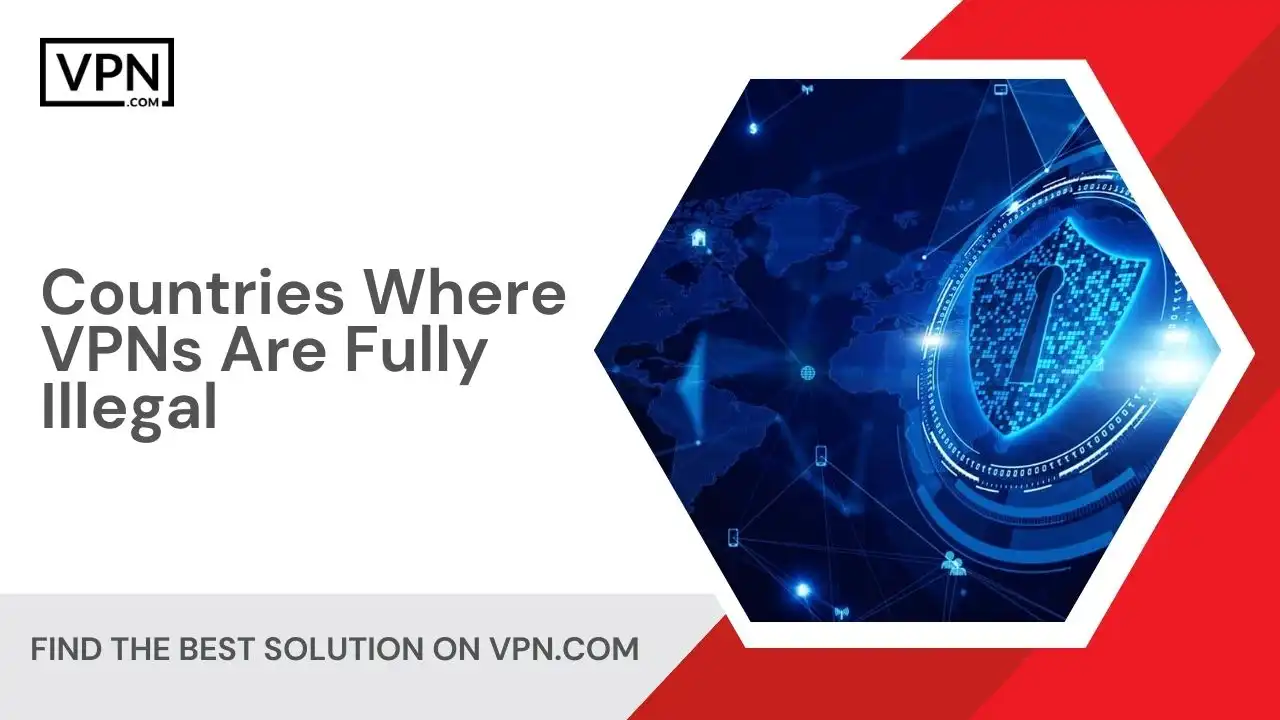
VPNs are utterly illegal in four countries – Belarus, Iraq, North Korea, and Turkmenistan. Their use is also heavily restricted or only partially legal in several other countries like China, Russia, Iran, Oman, Turkey, Uganda, and the UAE.
Belarus
VPNs were banned in 2015 because the government sees them as a way to undermine law enforcement. Violators can face fines or even imprisonment.
Iraq
Iraqi law clearly states that VPNs are illegal for all citizens, businesses, and institutions. Getting caught using one can result in up to a year in prison.
North Korea
Given its strict internet censorship and control, North Korea prohibits VPN usage, though the details of enforcement are unclear.
Turkmenistan
VPNs are included under Turkmenistan’s broad ban on encrypted communication tools. Details on penalties are scarce but likely severe.
The Countries With Heavy VPN Restrictions
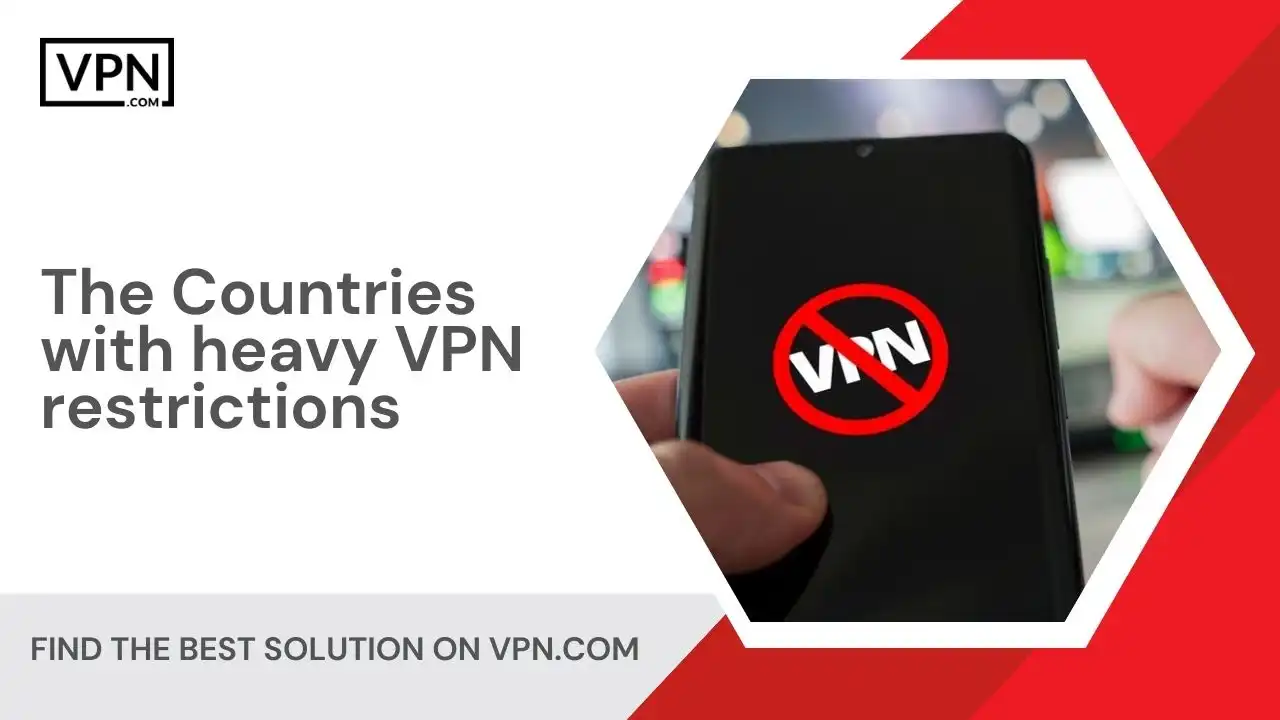
Other nations like China, Russia, Iran, Turkey, India, Egypt, Uganda, and Venezuela heavily restrict or partially ban VPN services, often limiting users to only government-approved VPNs. Punishments vary from fines and imprisonment to account suspensions. However, in many countries, the use of a VPN is legal and an essential tool for internet privacy.
The restrictions aim to enable state surveillance and control citizens’ internet access. However, activists continue relying on VPNs despite the legal risks, as they have few alternatives to bypass censorship. In regions where VPN is legal, it offers a vital means of maintaining online freedom. The situation remains complex globally, so specific country research is essential, especially in areas where VPN is legal.
Several countries heavily restrict or partially ban VPN usage, often limiting access to only government-approved VPNs. These include China, Russia, Iran, Turkey, India, Egypt, Uganda, Venezuela, and the UAE. Punishments vary from fines and imprisonment to account suspensions. In contrast, where VPN is legal, it serves as a critical tool for safeguarding digital rights.
China
It has strict rules around VPN usage, though not entirely illegal. Only government-approved, monitored VPNs are allowed. Penalties for using banned VPNs include fines, imprisonment, and site blocking.
Russia
A total ban on VPNs and anonymizers since 2017, citing anti-terrorism. Illegal VPN usage can mean administrative fines or even prison.
Iran
Long history of internet censorship. Only allows government-monitored VPNs, with punishments for illegal usage being account suspension or imprisonment.
Turkey
Has restricted access to many VPNs and anonymizers since 2016 to “fight terrorism.” Some providers are required to share user data with authorities.
India
It periodically blocks access to VPN websites in India, citing security concerns. Unclear if usage itself is illegal.
Uganda
Previously taxed and restricted VPN usage, but has lifted restrictions more recently.
UAE
Unclear legal status but uses deep packet inspection to restrict VPN access and bans VoIP calling.
Motivations and Impact
The restrictions aim to enable state surveillance of citizens’ online activity while maintaining censorship controls. However, despite the legal risks, many citizens rely on VPNs to bypass blocks. The situation remains worrying for internet freedom globally.
Key Penalties for Using VPNs in Banned Countries
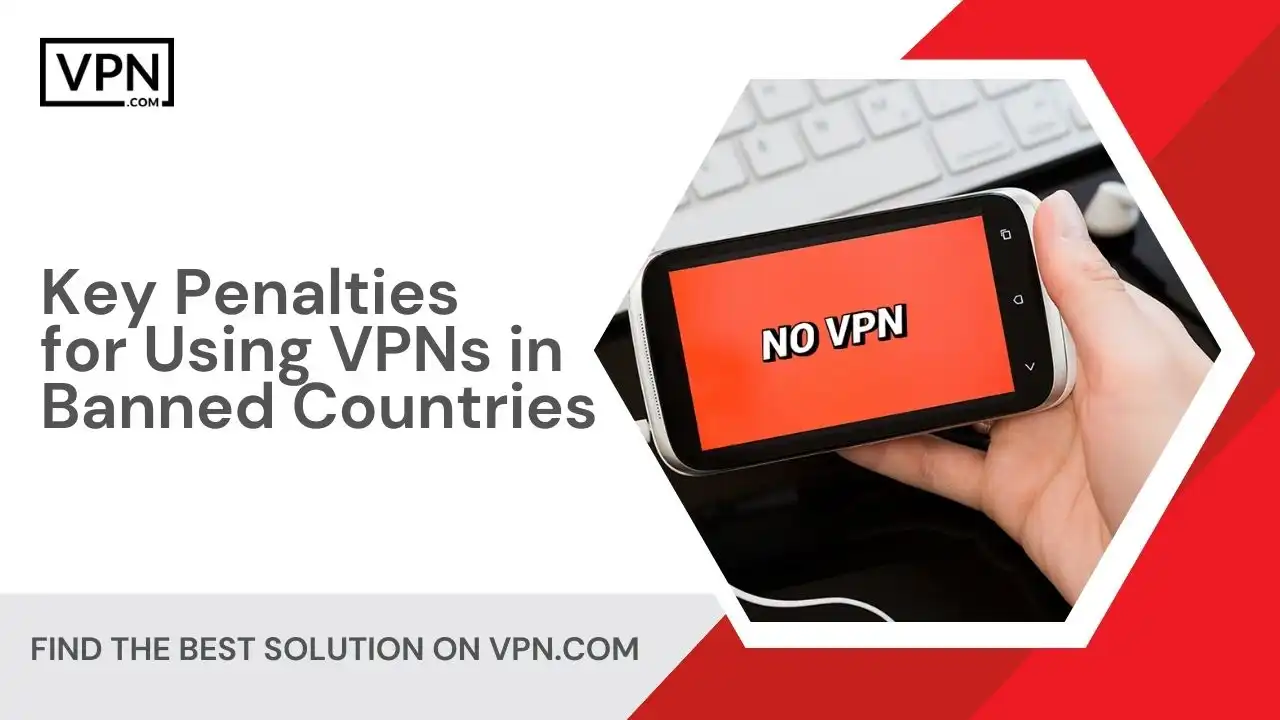
Based on the search results, some of the critical penalties for using a VPN in countries where it is banned include:
Fines
Getting caught using a VPN can result in heavy fines in many countries. For example, in the UAE, fines can be over $136,000. Other countries like China and Russia also issue fines for illegal VPN usage.
Imprisonment
Several authoritarian countries impose prison sentences for using banned VPNs, ranging from a few months to over a year in some cases. Countries where VPN use can lead to jail time include China, Russia, Iran, Egypt, and more.
Account suspensions
There are countries like Iran where using an illegal VPN can result in authorities suspending your internet or phone accounts. This serves as an additional deterrent.
Site blocking
Governments can also block access to VPN providers’ websites and apps, making it harder for citizens to access VPN tools. China mainly engages in site blocking to restrict VPN downloads.
The penalties aim to deter VPN use and maintain the regime’s strict control over internet access and censorship. However, some citizens continue using VPNs despite the risks of bypassing state censorship and surveillance. The punishments can be pretty severe in authoritarian countries that have banned VPNs.

Get Started w/ NordVPN Today
- Top-rated VPN for OS unknown
- Ultra-fast speed in US in 2024
- Save 69% off with VPN.com Discount
- Plans starting at $2.99/month
- Rated 4.5/5 on Google Play with over 825,000 reviews
- Rated 4.7/5 on Apple App Store from 6,600 users
Conclusion
The legality of virtual private networks, questioning is a VPN is legal, remains complex globally. While VPNs are fully legal in most Western democracies like the United States, promoting internet privacy and security, authoritarian states like China, Russia, and Iran have banned or heavily restricted their use to maintain censorship and control, raising questions about whether a VPN is legal. Penalties for using outlawed VPNs can be severe, including fines, imprisonment, and account suspensions.
However, activists in these countries continue relying on VPNs despite the legal risks of bypassing state surveillance and accessing the open internet. When using legal VPNs in other nations, it is vital to comply with provider terms of service and local laws, avoiding illegal activities and considering if a VPN is legal. Within reasonable legal bounds, VPNs protect users’ data and rights in an increasingly monitored digital world.
But the technology threatens repressive regimes, leading to crackdowns even as citizens fight back to gain internet freedom. The situation remains worrying yet complex, necessitating careful adherence to the local laws before accessing or providing VPN services globally.
Customer Reviews for NordVPN: In-Depth Review, Tests, and Stats

Connection issues with MLB.TV
May, 2 2023

Prompt customer service
May, 6 2023

I would highly recommend
December, 15 2023



